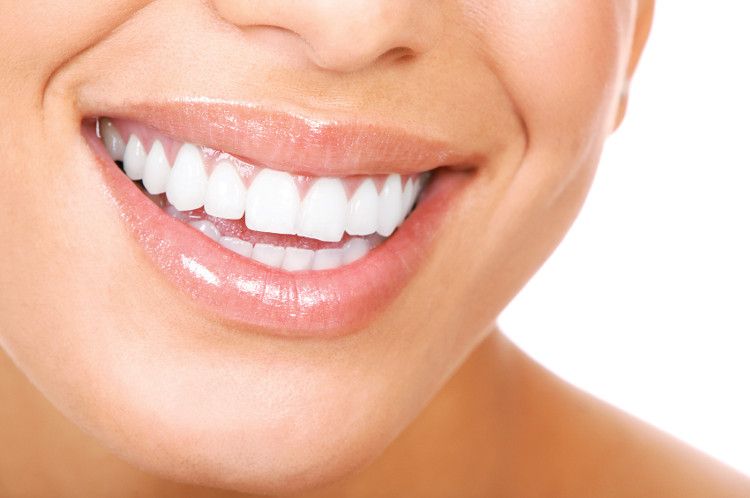Tetrahydrocurcuminoids may support oral health, says recent study
A recently published study investigated the efficacy and safety of tetrahydrocurcuminoids (THCs) for oral care applications.
Photo © iStockphoto.com/Kurhan

A recently published study1 investigated the efficacy and safety of tetrahydrocurcuminoids (THCs) for oral care applications. In the open label prospective pilot clinical trial, 30 patients with canker sores, and 29 patients with gingivitis were treated with two 100 mg chewable tablets of THCs per day over three weeks. Body mass index, throat numbness/relief, Visual Analog Scale (VAS) pain score, canker sore lesions, gingival appearance, inflammation and bleeding were assessed before and after treatment, at 14 and 21 days.
Results showed that treatment with THCs significantly reduced the reddening at the site, difficulty in chewing, swallowing, and VAS pain score in the canker sore patients. In fact, single and multiple lesions were completely healed. For gingivitis patients, gingival appearance, bleeding, and inflammation were significantly reduced.
Prior to this, a pilot study2 investigated the effects of THCs on oral leukoplakia, which is a white oral mucosal lesion that can potentially develop into cancer. It is strongly associated with smoking. In the study, eight patients with oral leukoplasia were given a 2% THC gel to apply five times daily for 12 weeks. Lesions were examined at baseline, week 3, 6, 9, and 12. Results showed that all patients experienced a reduction in burning sensation with three weeks and were completely asymptomatic by the end of the study. There was also a decrease in the size of the lesion during the follow-up period.
“Discovering herbal-based treatments in conditions where no satisfactory pharma therapy is readily available continues to drive our innovation,” said Muhammed Majeed, PhD, founder and chairman of the Sami-Sabinsa Group (East Windsor, NJ). “It is particularly satisfying when no side effects are seen in these trials and the treatment costs are eminently affordable.”
Sabinsa’s THC ingredient is marketed as Sabinsa’s Curcumin C3 Reduct.
Reference
- Majeed M et al. “Efficacy and safety of tetryhydrocurcuminoids for the treatment of canker sore and gingivitis.” Evidence-based Complementary and Alternative Medicine, vol. 2020 (2020)
- Chhaparwal Y et al. “Efficacy and safety of tetryhydrocurcuminoids for the treatment of oral leukoplakia: a pilot study.” Asian Journal of Pharmaceutical and Clinical Research, vol. 11, no. 12 (2018): 194-196







